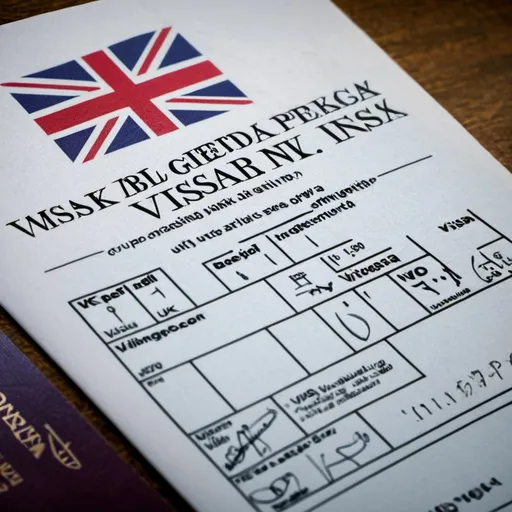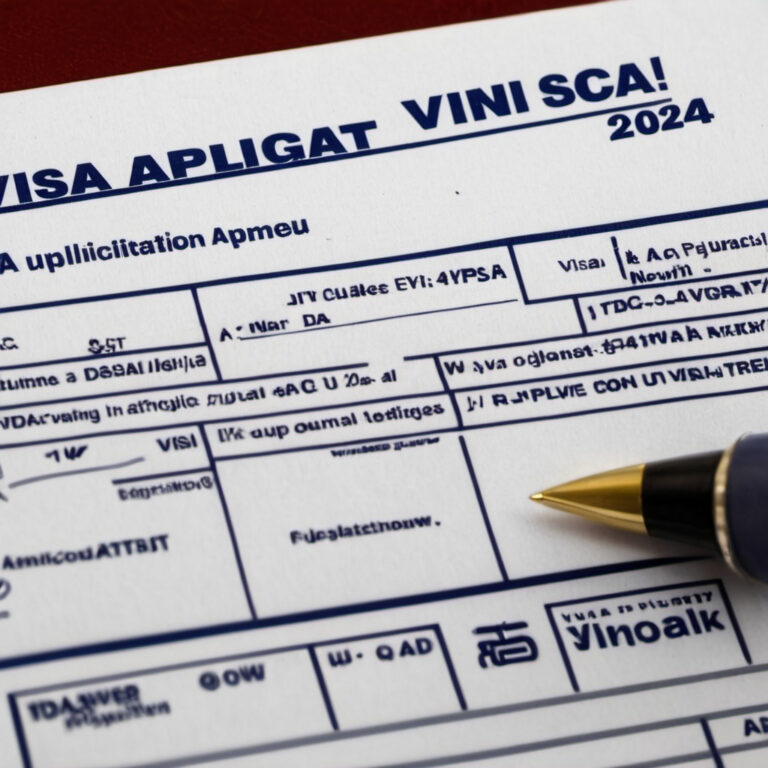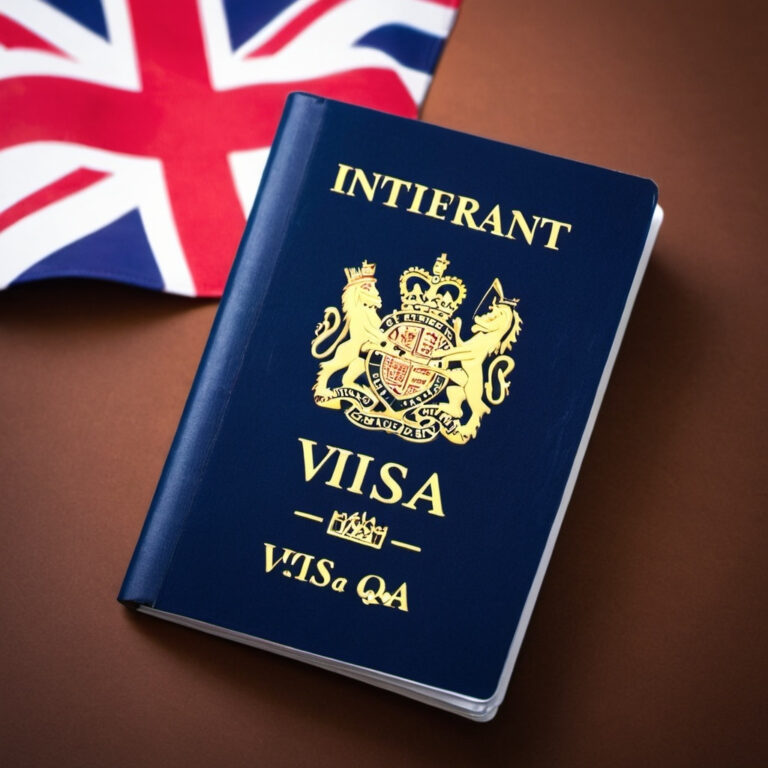UK English Language Proficiency.
In the UK, English language proficiency is often assessed through various frameworks and tests, especially for non-native speakers. Here’s an overview of the key aspects:
Common Frameworks for Assessment
CEFR (Common European Framework of Reference for Languages): This framework categorizes language proficiency into six levels:
A1 (Beginner)
A2 (Elementary)
B1 (Intermediate)
B2 (Upper Intermediate)
C1 (Advanced)
C2 (Proficient)
Standard Tests
IELTS (International English Language Testing System): Widely accepted for university admissions and immigration purposes. Scores range from 1 to 9.
TOEFL (Test of English as a Foreign Language): Commonly used for academic purposes, especially in the US and Canada.
Cambridge English Qualifications: These include various exams like FCE (B2), CAE (C1), and CPE (C2).
Requirements for Immigration and Education.
Visa Applications: Many UK visa categories require proof of English proficiency, often through IELTS or other recognized tests.
University Admissions: Most universities require a minimum IELTS score (usually around 6.0 to 7.5) for non-native speakers.
Assessment Methods
To get a detailed eBook on how to get UK English language proficiency click here
Listening, Reading, Writing, and Speaking: Proficiency tests typically assess all four skills to ensure comprehensive language ability.
Academic vs. General Training: IELTS offers both academic and general training versions, depending on the purpose of the test.
To get a detailed eBook on how to get UK English language proficiency click here
Improving Proficiency
Language Courses: Many institutions offer English language courses tailored to different proficiency levels.
Practice: Engaging in conversation, reading, and writing in English can significantly enhance proficiency.
If you need a detailed report or specific resources related to English language proficiency in the UK, please let me know!






